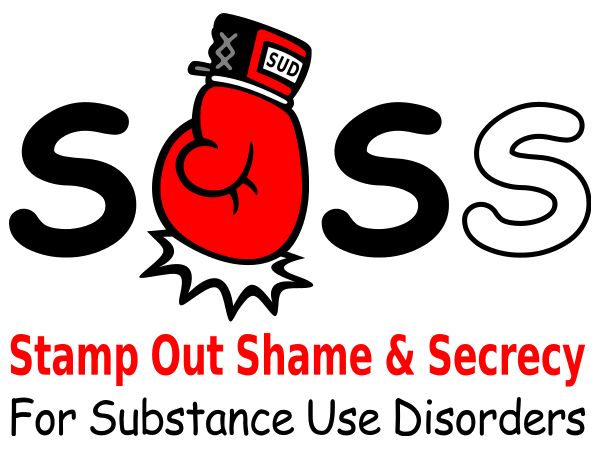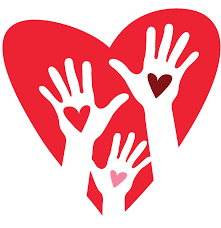Question:
What can we do with our lived experience to create compassion and reduce the shame and stigma people feel with a substance use disorder?

ANSWER:
- Share Your Story of Loss or Recovery with Others
- Educate about Harm Reduction Resources to Save Lives
- Speak Your Truth & Create Safe Spaces for Others to Share Theirs
- Find Opportunities to Advocate for Change
- Support All Paths to Recovery
CHANGE THE LANGUAGE ~ WORDS MATTER
MAKE SOCIETY SEE SUBSTANCE USE WITH A NEW SET OF EYES
YOUR TRUTH CAN MAKE A DIFFERENCE
* Speak out – it will change perceptions to end stigmatizing stereotypes.
* Continue to learn and educate others with your lived experiences.
* Encourage genuine love and supportive commmunicactions with loved ones to help them change behaviors. Be mindful that negative and demeaning language can increase triggers and reinforce risk and continued use.
* Keep hope for recovery alive.
* Remember, recurrence of use is a part of the journey to recovery — so celebrate small successes.
* Demand policy changes and government funding that supports treatment, recovery and harm reduction programs for all who need them.
* Participate in education and support the training and distribution of Naloxone (Narcan), an opioid antagonist medication that is used to reverse an opioid overdose and save lives.
* Demand scientific evidence-based treatment and established principles of care for loved ones seeking treatment for a substance use disorder.
(See, https://www.shatterproof.org/shatterproof-national-principles-care)
* Change the focus and create compassionate vs. negative communications.
* Donate and/or join local coalitions or regional advocacy organizations in pursuit of long term policy changes that support treatment and harm reduction programs in your community.
* Support Rx drug take back days & educational outreach opportunities in your community.
* Not one size fits all in treatment or recovery. Be supportive of all paths to recovery.
* Inform others about treatment and recovery programs that are CRAFT informed and inclusive of family participation. Community Reinforcement & Family Training (CRAFT) teaches family and friends effective strategies that are a non-confrontation approach to helping their loved one to change behaviors or enter into addiction treatment and how to feel better themselves.
* Teach others, by your example, to use person-first language that focuses on people and not
their illness or condition.
HEALING HEARTS ONE STORY AT A TIME


